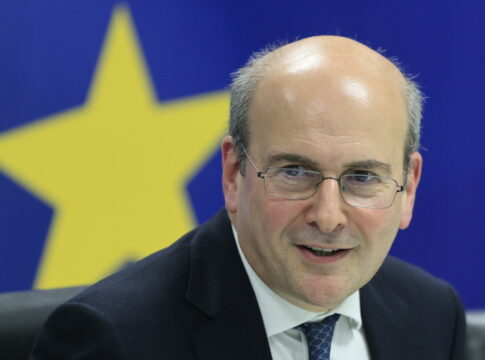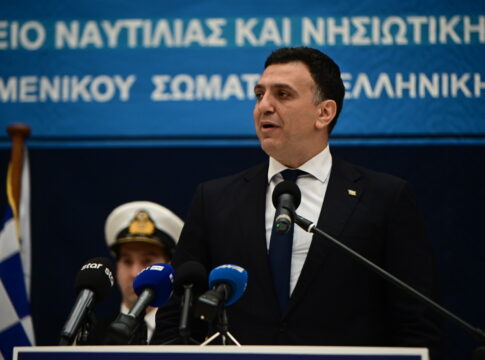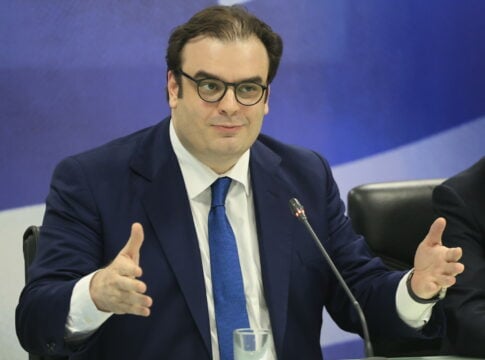A closely watched meeting between Greek Prime Minister Alexis Tsipras and his counterpart from the former Yugoslav Republic of Macedonia (fYRoM), Zoran Zaev, on Wednesday served as the pinnacle of resumed efforts this month to solve the thorny ‘name issue’.
In comments carried by Greek media immediately after the meeting in snow-covered Davos, described as very friendly and sincere by both sides, Tsipras said he made it clear to his interlocutor that “we must agree on a composite name for use in all instances (erga omnes).”
Additionally, the Greek premier told Zaev that his government not only wants to solve the “name issue” but desires stepped up bilateral relations.
“We must first deal with irredentism in all its forms, especially with guarantees that we’ll leave no loophole open, thereby allowing similar provocations from being created in the future,” Tsipras said, adding that for the neighboring state’s EU/NATO accession course to proceed, all standing issues must be resolved.
Resurgent interest in the “name issue” has momentarily shifted the national spotlight in the still bailout-dependent country from the battered economy, and especially the effects of an ongoing “tax tsunami”, to a foreign policy dispute that ranks as thoroughly obscure, by international standards, but proves quite sensitive for public opinion in both Greece and the one-time Yugoslav constituent state.














